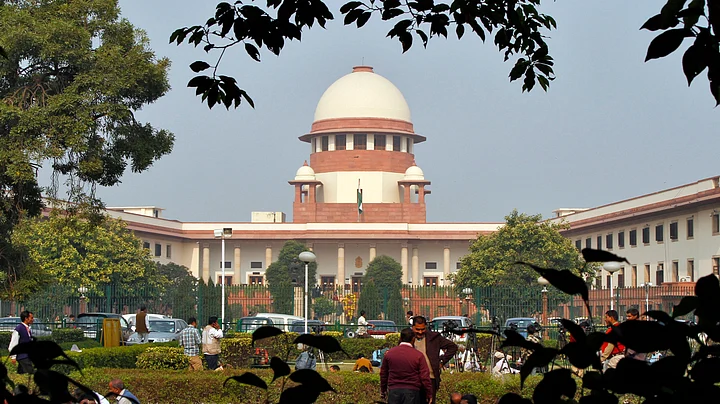Justice J Chelameswar, one of the five senior most judges of the Supreme Court, did not take part in Collegium’s meeting on Thursday. The meeting was held to discuss various issues including the Memorandum of Procedure (MoP).
Justice Chelameswar Was Only Judge Absent From Meeting
Justice Chelameswar, who had written a dissenting verdict with regard to non-transparency in the collegium system of appointment, has also reportedly shot off a letter to Chief Justice TS Thakur expressing his inability to take part in the meeting of the Collegium, which consists of five senior most judges including the Chief Justice of India, a highly- placed source said.
It has come to light that except Justice Chelameswar, all other judges, including Justice Thakur, had assembled for the meeting on Thursday which ultimately got postponed. The apex court judiciary and the government have been at loggerheads on the finalisation of the MoP which will deal with the procedures to be followed in the appointment of judges in High Courts and the Supreme Court.
Collegium System ‘Opaque and inaccessible’: Justice Chelameswar
Recently the Supreme Court, while hearing a PIL, had sent out a stern message to the government over non-execution of the collegium’s decision to transfer and appoint Chief Justices and judges in High Courts. It had warned the Centre that the court would not tolerate “logjam in judges’ appointment” and would intervene to “fasten accountability” as the justice delivery system is “collapsing”.
In his dissenting judgement, which had quashed the NJAC Act and the 99th constitutional amendment, Justice Chelameswar had said that the collegium system of judges’ appointment was “opaque and inaccessible” to the people at large and it needed “transparency”.
He had said the assumption that “primacy of the judiciary” in the appointment of judges was a basic feature of the Constitution “is empirically flawed.” The Supreme Court judge had said that in the last 20 years, after the advent of collegium system, a number of recommendations made by the collegia of High Courts were rejected by the collegium of the Supreme Court.
(At The Quint, we question everything. Play an active role in shaping our journalism by becoming a member today.)
